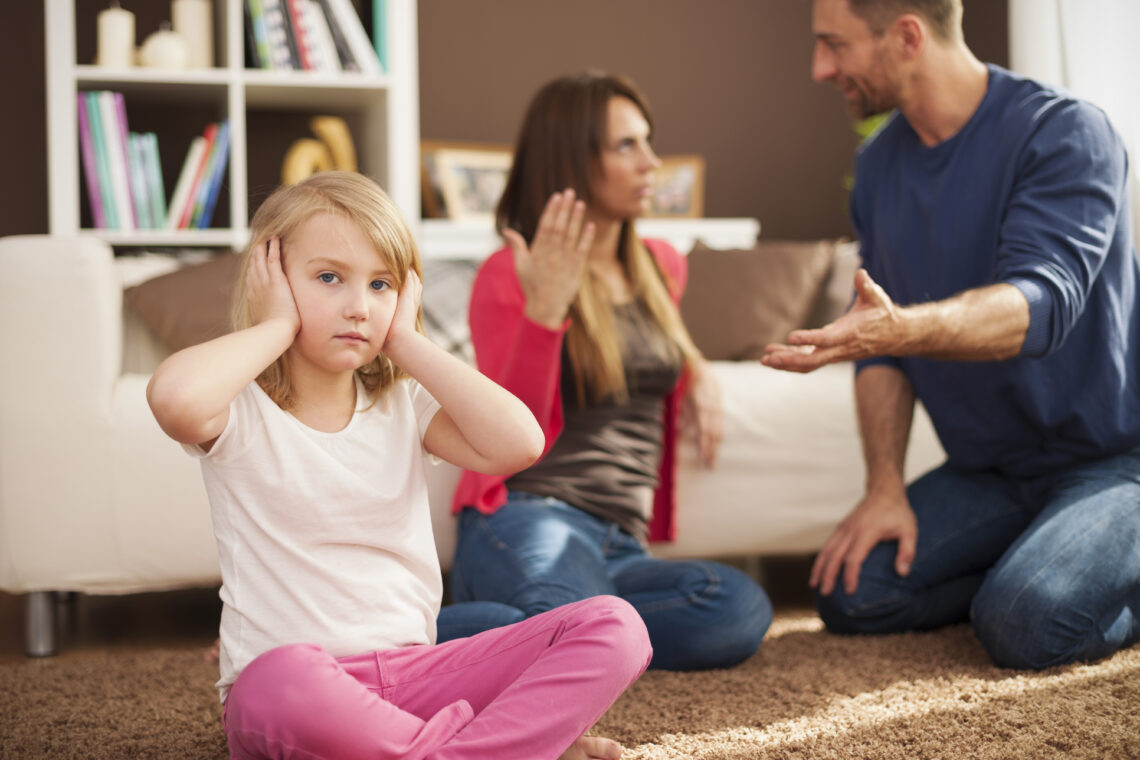Parenting might just be the most exhausting job in the world. Between sleepless nights, rushing through chaotic mornings, and the endless negotiations over vegetables at dinner, stress builds up like steam in a pressure cooker. And sometimes, it blows – in the form of yelling. If yelling has become your default reaction to frustration, don’t worry, you’re not alone. But good news – breaking this cycle is entirely possible.
This blog is your guide to stopping the yelling, fostering more positive parenting habits, and creating a happier environment at home. Whether you’re a stressed-out parent juggling multiple responsibilities, an expecting parent planning your family dynamics, or even a professional adviser in child development, these insights will help build a calmer, more functional family life.
Why Do We Yell in the First Place?
Before we tackle the “how” of stopping, it’s vital to understand the “why.” Yelling is often a response to accumulated stress or feeling out of control. When exhaustion and frustration take hold and kids refuse to listen, yelling feels like the easiest way to assert authority.
However, studies show yelling rarely yields the results parents are looking for. Instead, it tends to escalate conflicts, damage trust, and make kids less likely to listen next time.
Common Triggers for Yelling:
- Chronic stress or parenting burnout
- Feeling overwhelmed by household responsibilities
- Misbehavior or defiance from children
- Unrealistic expectations of kids’ developmental stages
- Lack of tools to manage emotions effectively
Understanding the why can help us take a more compassionate approach to ourselves and our children as we work toward change.
The Effects of Yelling on Kids
Yelling may feel like the only way to grab kids’ attention, but its impacts can be long-lasting. Studies show that yelling at children can lead to emotional and behavioral issues. Over time, kids become less responsive to shouting and may even exhibit more defiance, rebellion, or anxiety.
Why Yelling Is Problematic:
- Erodes trust: Frequent shouting can make kids feel unsafe or unloved.
- Models poor emotional regulation: Kids copy what they see, often repeating patterns of yelling in their interactions with others.
- Impacts self-esteem: Harsh words delivered in anger can lead children to internalize negative beliefs about themselves.
Breaking free from yelling is essential not just for your child’s well-being, but for a healthier parent-child relationship.
How to Stop Yelling at Your Kids
Breaking the yelling cycle requires a combination of mindset shifts and actionable strategies. Here are some effective steps to replace yelling with calm and more constructive communication.
1. Recognize Your Triggers
Identify situations or behaviors that reliably make you angry. Does yelling tend to happen after a long day at work? Is there a recurring issue, like sibling squabbles, that pushes you over the edge? Awareness is the first step to change.
2. Pause Before Reacting
When you feel your emotions bubbling up, pause. Count to ten, take deep breaths, or step away for a moment if it’s safe to do so. A 5-second pause can make a huge difference in responding thoughtfully rather than reacting emotionally.
3. Set Realistic Expectations
Sometimes we expect too much from our kids, like sitting still during a long event or having mature emotional control when they’re upset. Understanding age-appropriate behaviors can help reduce frustration.
4. Find Alternatives to Raise Attention
Kids often tune out the white noise of yelling. Instead, get down to their eye level, gently hold their shoulder, and speak in a calm, firm tone. This approach gets their attention without the damaging effects of screaming.
5. Use Positive Reinforcement
Praise your children when they behave well or follow instructions. Positive reinforcement often leads to repetition of favorable behaviors.

6. Have Regular “Reset” Moments for Yourself
Feeling overwhelmed? Build time into your day to step back and recharge, even if it’s just 5 minutes. Meditate, breathe, or just sip a cup of tea away from the chaos. You can’t pour from an empty cup.
7. Practice Repair After Yelling
Nobody’s perfect, and there will be moments when you slip up. When that happens, acknowledge it. Apologize to your child, explain why it wasn’t the best way to handle the situation, and brainstorm better ways to communicate together.
Quick Cheatsheet for Staying Calm:
- Breathe deeply before responding
- Lower your voice to a whisper instead of yelling
- Remind yourself, “My child’s behavior is communication, not a personal attack.”
- Walk away if emotions feel overwhelming
Addressing the Root Causes
Stopping yelling goes beyond techniques. It requires addressing the deeper factors that fuel frustration and stress.
Managing Parental Stress
- Adopt routines to streamline daily tasks like mornings and bedtimes.
- Seek support from partners, family, or parenting communities.
- Set healthy boundaries, both for your kids and yourself.
Educating Yourself on Child Development
Sometimes frustration arises because parents misunderstand what’s realistic to expect from children at different ages. Educate yourself on developmental milestones to adjust expectations accordingly.
Building Emotional Regulation Skills
Parents who model healthy ways to manage emotions teach their children to do the same. Practice naming your emotions, using mindfulness techniques, and finding healthy outlets for intense feelings.
People Also Ask (PAA) Section
Q1. What are some alternatives to yelling when disciplining your kids?
Instead of yelling, set clear limits, use logical consequences (e.g., removing a toy for misuse), and praise good behavior. Clear communication and consistency build cooperation over time.
Q2. How do I recover when I’ve yelled at my child?
Apologize sincerely and explain why yelling wasn’t helpful. Show your child how you’re working on better ways to handle frustration, modeling accountability.
Q3. How can I balance parenting stress while staying patient with my kids?
Regular self-care, support networks, and taking breaks during overwhelming moments help manage parenting stress.
Breaking the Patterns
Stopping yelling is not an overnight process; it’s more like building a muscle one step at a time. But with awareness, patience, and persistence, you’re not just transforming how you parent. You’re shaping a future where your child can approach challenges with calm and confidence.
Want to learn more actionable parenting strategies tailored to your unique challenges? Explore our custom parenting resource library or join our supportive parenting network today!





